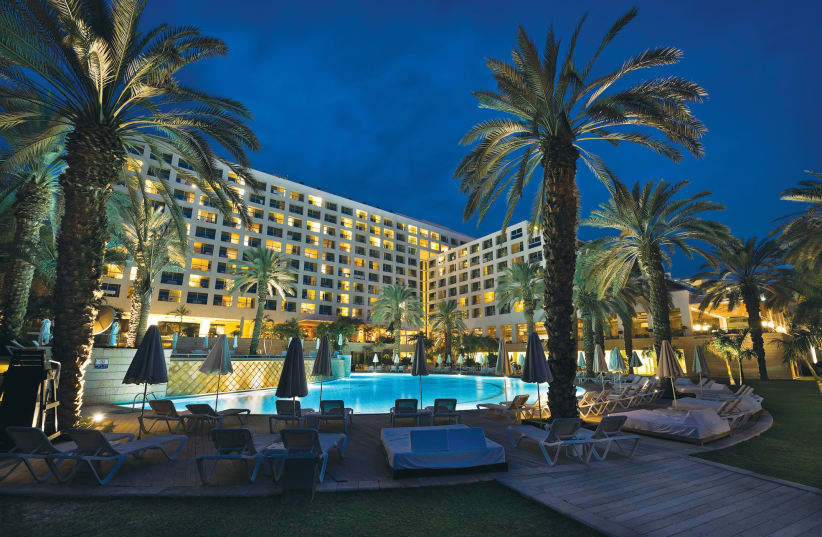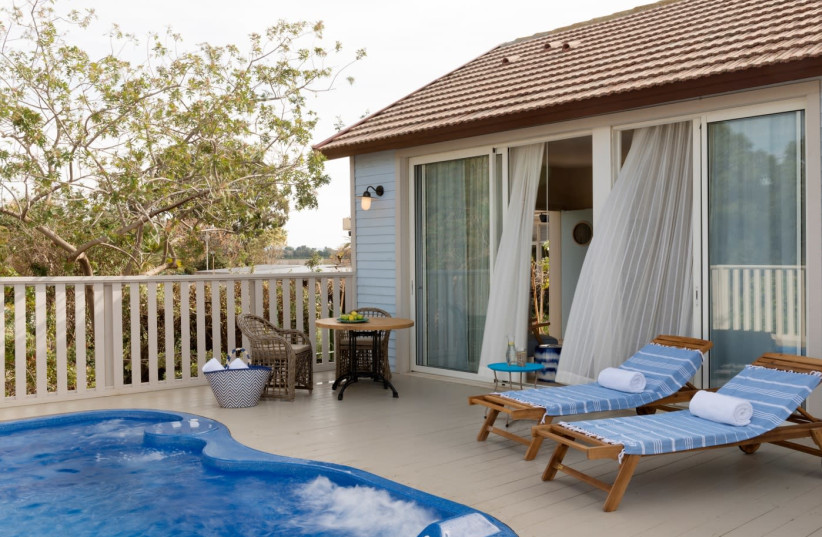Isrotel’s board of directors voted late Monday to cancel a NIS 25 million shareholder dividend payout after a public outcry calling for the hotel chain to return money to the government for benefits it had received.
Last week, Isrotel reported an impressive net profit of NIS 78.1 million for the second quarter of 2021 on revenues of NIS 450.8 million. Those numbers, among the company’s best ever, highlighted Isrotel’s sharp turnaround from the previous year, when the COVID-19 pandemic brought the tourism business to a standstill. In the months April through June a year ago, Isrotel lost NIS 26.8m.
Celebrating the turnaround, Isrotel declared a NIS 25m. dividend for its shareholders but that announcement was too much for some people.
Isrotel, along with the rest of Israel’s hotel industry, received significant benefits from the government during the coronavirus crisis and last June the Finance and Tourism ministries approved a NIS 300m. aid package for the hotels to help them weather the worst period the sector had ever experienced.
In the past year, Isrotel, which owns and operates some 20 hotels throughout the country, received a NIS 12m. government grant, an additional NIS 15m. package for bringing employees back from unpaid leave, and a NIS 9m. exemption from property taxes. That added up to benefits worth NIS 36m. subsidized by taxpayers since the beginning of the outbreak.
Local hotels have been packed this summer as Israelis flocked to them because they were either unable or unwilling to vacation abroad due to coronavirus restrictions.
Extraordinarily high demand led hotel prices to rise by an average of 10%-15%, with guests packed tightly and many reports of poor service.
Now, after posting such stellar quarterly results, many are demanding that the hotel chain return the benefits it received to the government before it rewards its shareholders.
On Monday, Finance Minister Avigdor Liberman said the company would be expected to pay back subsidies it received from the government.
“It is clear that it is not reasonable that companies that report high earnings and distribute dividends also receive government subsidies,” Liberman said at a press conference ahead of presenting the budget to the Knesset.
“We expect that they will return the grants they received from us without us having to ask for them.”
Isrotel said it would not distribute the dividend, but did not say it would return any money to the government. Critics say that will allow the company to delay the dividend payout to a time when it can do so while avoiding public scrutiny.
In interviews with the Hebrew press, Isrotel CEO Lior Raviv defended the benefits the company received, noting that Isrotel, like other hotels, was bleeding money and customers at the time. Even with the grants, Isrotel lost tens of millions of shekels to the pandemic, he said.
Calls from The Jerusalem Post to Raviv’s office were not answered and a message sent did not receive a response by press time.
With Israeli hotels packed in July and August, and prices at record a high, the hotel sector is expected to report further growth in the coming quarter.

